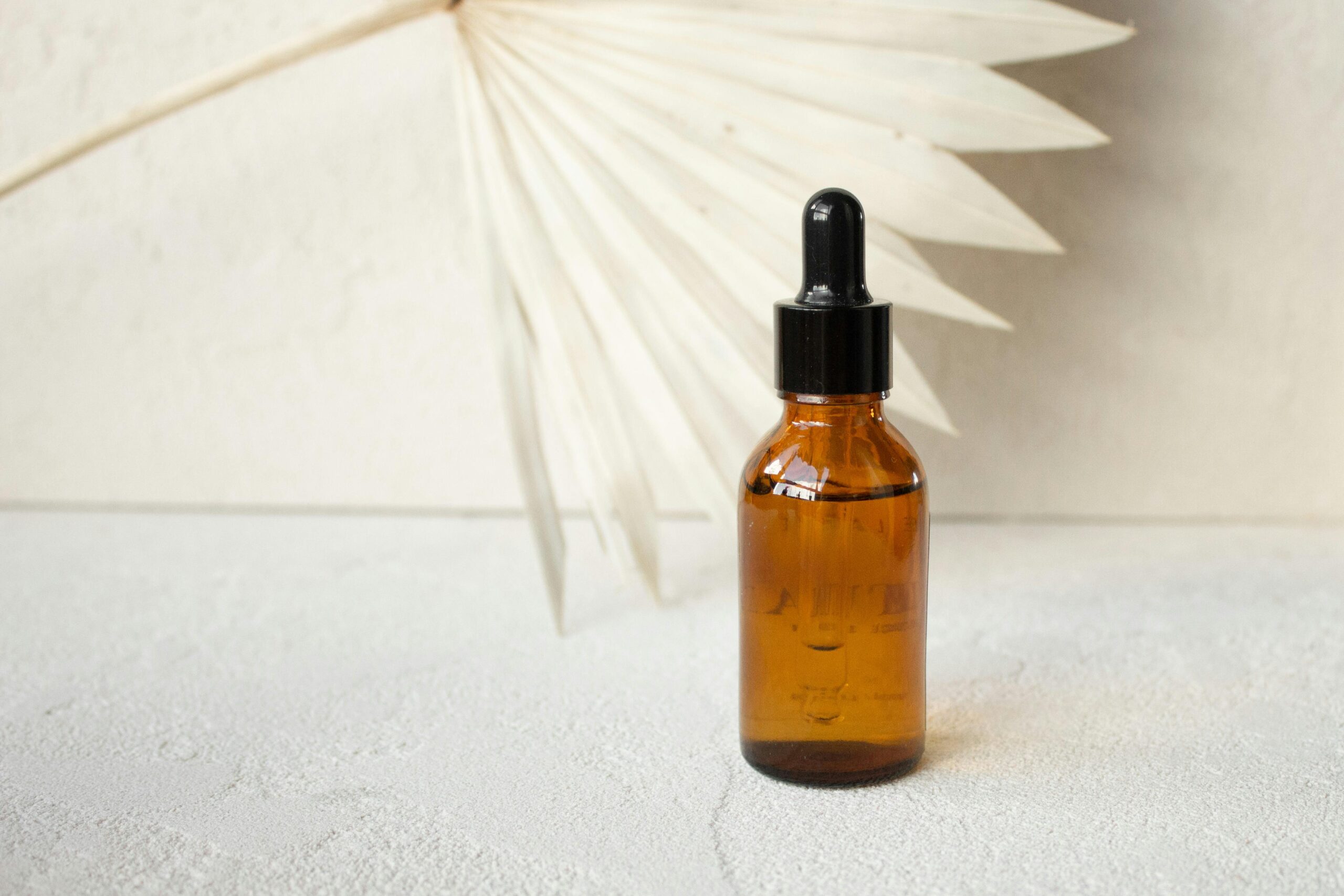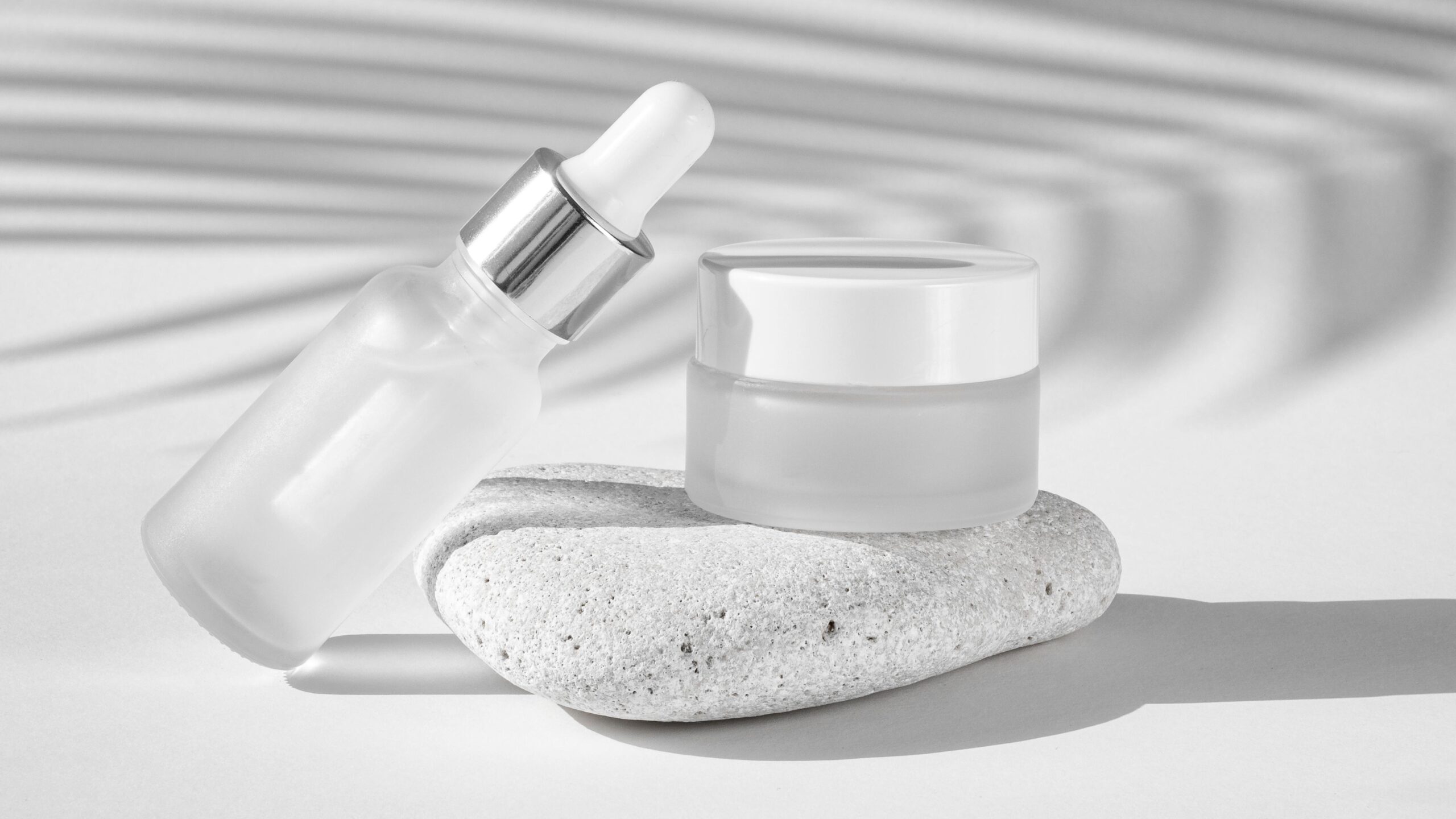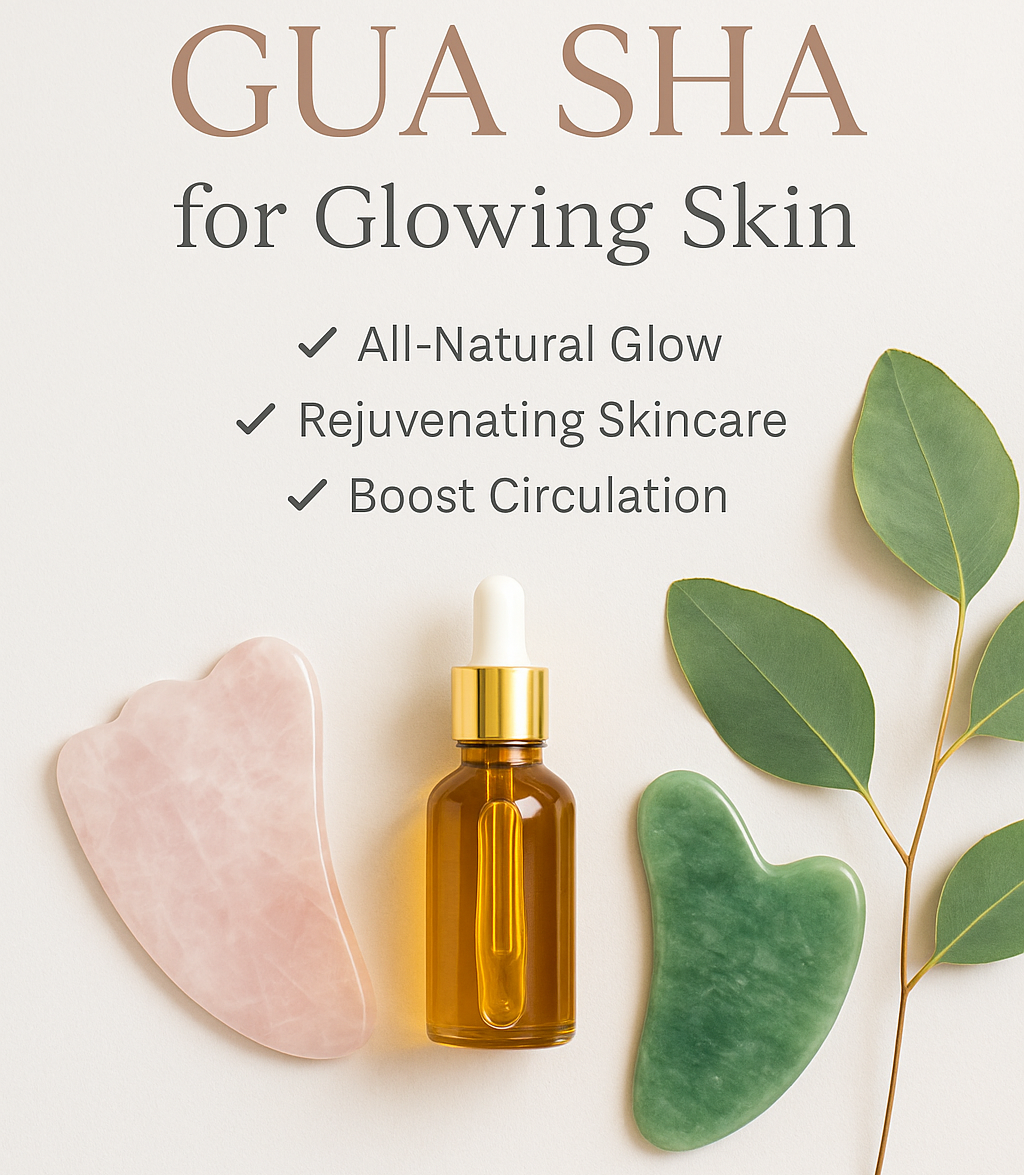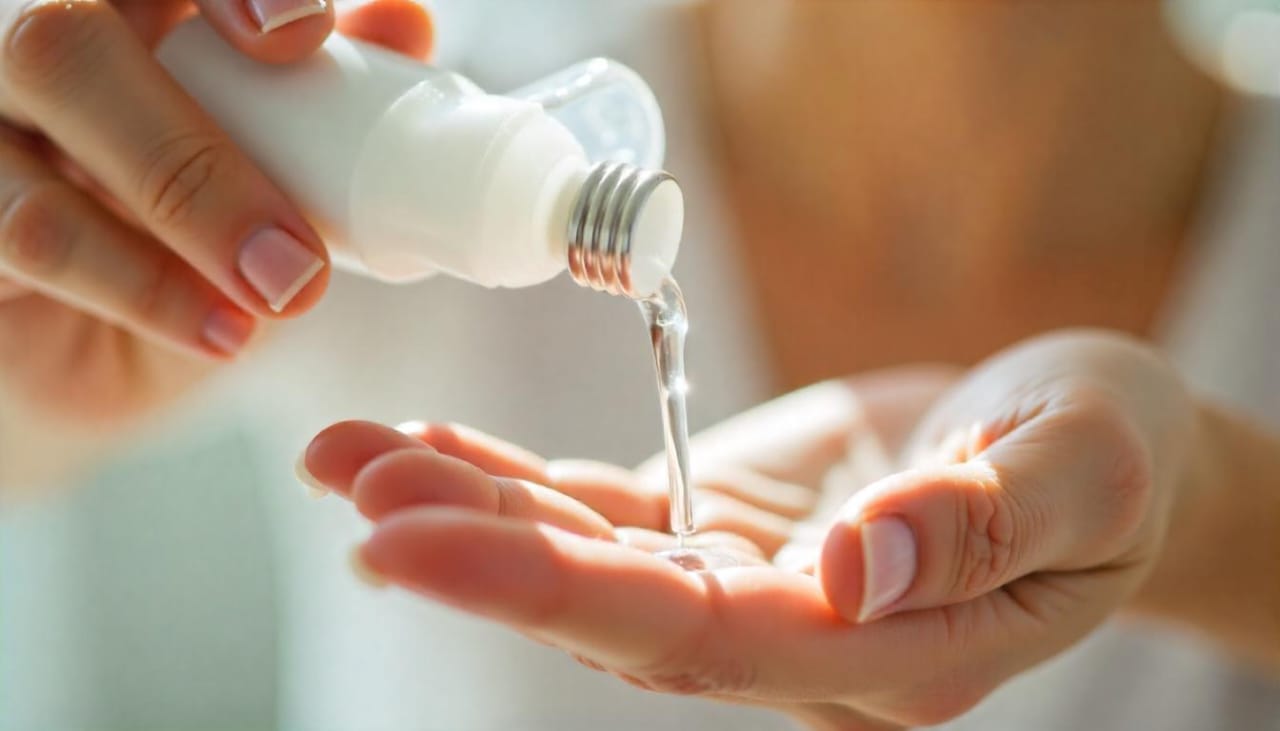When it comes to building the perfect skincare routine, you’ve probably come across two of the most talked-about products: serums and moisturizers. While both are essential to achieving healthy, glowing skin, many people are unsure about the difference between them and whether they should be using both. In this blog, we’ll break down the roles of serums and moisturizers, their key differences, and help you understand why incorporating both into your skincare regimen could be the ultimate solution for radiant skin.
What Is a Serum?
A serum is a lightweight, highly concentrated skincare product designed to deliver potent active ingredients deeper into the skin. These ingredients, such as vitamin C, hyaluronic acid, peptides, or retinol, target specific skin concerns, like fine lines, wrinkles, uneven skin tone, acne, or dryness. Serums have a thinner, more fluid texture compared to moisturizers, allowing them to penetrate deeper layers of the skin. Due to their higher concentration of active ingredients, serums are often used to address particular skin issues more effectively than moisturizers.
Serums are available in a variety of formulas, each designed for a specific concern. For example, a vitamin C serum brightens the skin, while a hyaluronic acid serum provides intense hydration. Serums are meant to be used after cleansing and toning, but before moisturizing, to maximize their effectiveness.
What Is a Moisturizer?
Moisturizers are products designed to hydrate and lock in moisture on the surface of the skin, creating a protective barrier. They help to prevent water loss, keeping the skin soft, smooth, and supple. Moisturizers are typically thicker than serums and are available in various formulations, from light lotions to heavier creams, depending on your skin type and needs. Moisturizers not only hydrate the skin but also help protect it from environmental factors like pollution and dry air.
Moisturizers often contain a combination of water, oils, and humectants (ingredients that attract water), making them essential for keeping the skin hydrated throughout the day. They are typically the last step in a skincare routine and are meant to seal in the benefits of the products applied before them, including serums.
The Key Differences Between Serums and Moisturizers
While both serums and moisturizers are essential for maintaining healthy skin, they serve different purposes. Here’s a breakdown of their key differences:
1. Purpose and Function
- Serums: Serums are focused on delivering targeted treatment to specific skin concerns. Whether you want to brighten your complexion, reduce fine lines, or tackle acne, serums contain concentrated active ingredients that penetrate deeper into the skin to address these issues.
- Moisturizers: The primary purpose of moisturizers is hydration. They form a protective barrier that locks moisture into the skin, preventing dryness and keeping your skin feeling soft and smooth. While some moisturizers may contain added ingredients for other skin concerns, their main function is to hydrate and protect.
2. Texture and Absorption
- Serums: Serums are typically lightweight and fluid, with a thinner consistency that allows them to penetrate deeper into the skin. They absorb quickly and don’t leave a greasy or heavy feeling.
- Moisturizers: Moisturizers tend to be thicker and richer, providing more surface-level hydration. They may take a little longer to absorb, and some may leave a slightly oily or dewy finish, depending on your skin type.
3. Active Ingredients
- Serums: Serums are packed with active ingredients, such as retinol, vitamin C, hyaluronic acid, peptides, or antioxidants, designed to target specific skin concerns.
- Moisturizers: While moisturizers may also contain beneficial ingredients, they are generally more focused on hydration and may include ingredients like glycerin, ceramides, or fatty acids to help lock in moisture.
4. Usage
- Serums: Serums are typically applied after cleansing and toning, but before moisturizing. They are meant to deliver concentrated treatment directly to the skin.
- Moisturizers: Moisturizers are the final step in your skincare routine, applied after serums to lock in hydration and provide a protective layer for the skin.
Do You Need Both in Your Skincare Routine?
Now that we’ve broken down the differences, you might be wondering: Do I really need both a serum and a moisturizer in my routine? The answer largely depends on your skin type and specific concerns.
For most people, the combination of both products is ideal for a balanced skincare routine. Here’s why:
1. Targeted Treatment + Hydration
Serums provide targeted treatment for specific skin concerns, while moisturizers focus on overall hydration and protection. Using both allows you to address your skin’s unique needs (like acne, wrinkles, or hyperpigmentation) while ensuring that your skin stays hydrated and protected.
For example, you might use a vitamin C serum to brighten your complexion and an intense moisturizer to keep your skin nourished. Together, they work synergistically to give your skin the best of both worlds—treatment and hydration.
2. Skin Type Matters
If you have oily skin, you may feel that you can skip a moisturizer and rely solely on a serum. However, even oily skin needs hydration. Opting for a lightweight, oil-free moisturizer can provide the necessary hydration without clogging pores.
For dry skin, using both a serum and a rich moisturizer is essential to replenish moisture levels and keep your skin feeling soft and smooth. The serum will help treat any underlying skin concerns, while the moisturizer locks in the moisture and protects the skin’s barrier.
3. Customizing Your Routine
If you’re dealing with multiple skin concerns, using both a serum and moisturizer allows you to customize your routine. You can layer products to target specific concerns, such as using a hydrating serum with a thicker moisturizer or using a brightening serum followed by a soothing moisturizer.
Conclusion: The Perfect Pair for Healthy, Glowing Skin
Serums and moisturizers are both essential to achieving healthy, radiant skin. While they serve different functions, using them together ensures that your skin gets the targeted treatment it needs along with the hydration and protection required for a healthy complexion. Serums address specific concerns with concentrated active ingredients, while moisturizers lock in moisture and keep your skin hydrated and protected.
By incorporating both into your skincare routine, you’ll be able to customize your routine based on your skin’s needs and unlock the secret to glowing, healthy skin. So, the next time you’re wondering whether you need both serums and moisturizers—remember, it’s not an either-or situation; they’re the perfect pair for beautiful skin!





